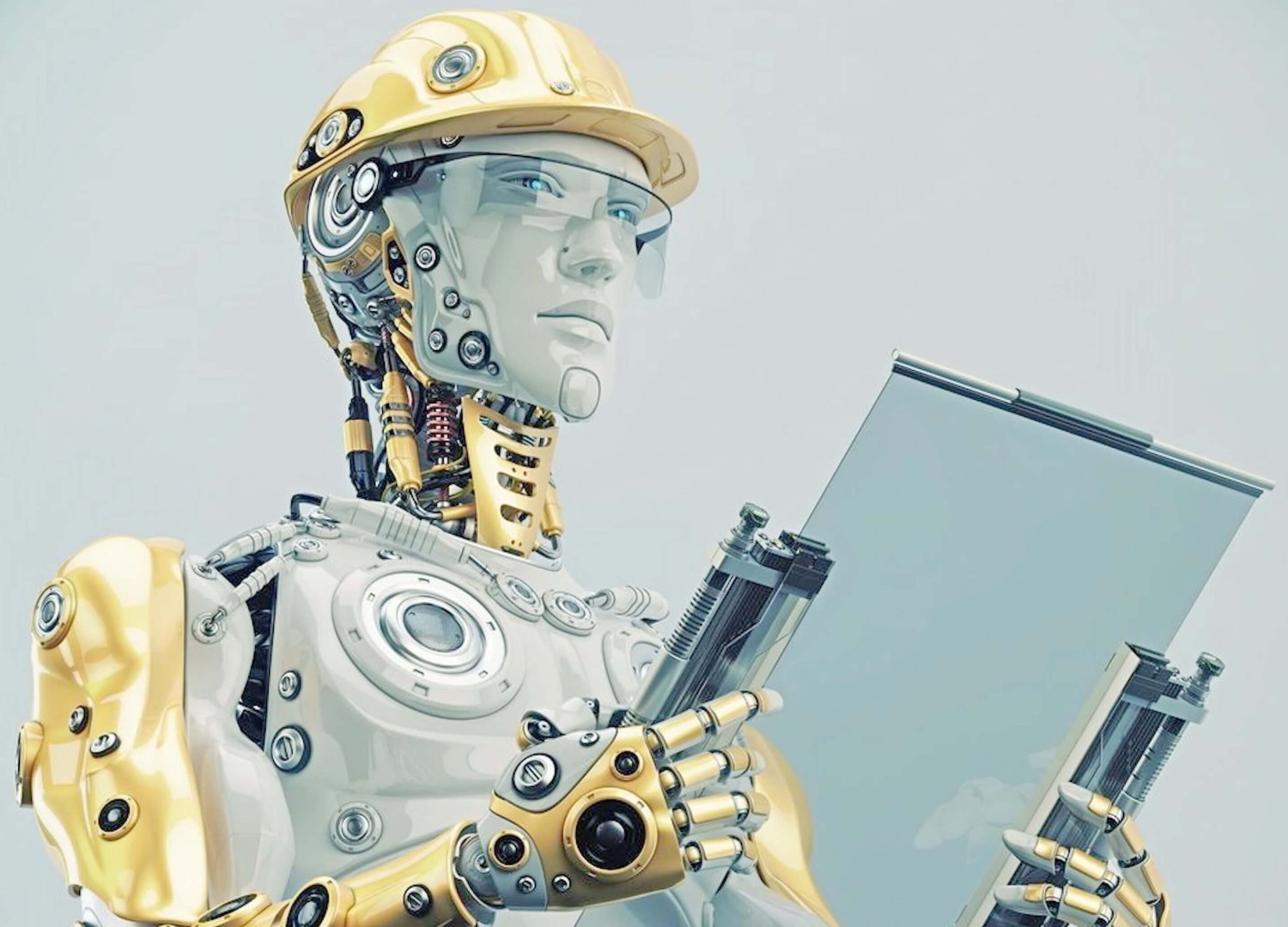Comments
- No comments found

There are several jobs that won't be replaced by robots and that only humans can provide due to the level of creativity and complexity involved.
Artificial intelligence (AI) will change the world forever. Most workers will feel the impact of automation, but others won't. Where does that leave the displaced humans? The standard answer is education. Policy makers advise that people should retrain into higher skilled professions. The problem is most training simply provides more knowledge and skills which can also be replaced by automation.
It is not just manual labour which will be affected by the inexorable roll out of robots, automation and artificial intelligence. The impact will be felt widely across skilled middle class jobs including lawyers, accountants, analysts and technicians. In many financial trading centres traders have already been replaced by algorithms. The world's first 'robot lawyer' is now available in 50 states.
The World Economic Forum predicts automation will result in a net increase of 58 million jobs. Other reports found that 30% of jobs in the UK were potentially under threat from breakthroughs in artificial intelligence. In some sectors half the jobs could go.
The rise of the robots will lead to an increase in the demand for those with the skills to program, maintain and supervise the machines. Most companies will have a Chief Robotics Officer and a department dedicated to automation. However, the human jobs created will be small fraction of the jobs which the robots will replace.
Any job that involves the use of knowledge, analysis and systematic decision making is at risk. Robots can not only absorb a large body of knowledge and rules. They can also adapt and learn on the job.
Where does that leave the displaced humans? The standard answer is education. Policy makers advise that people should retrain into higher skilled professions. The problem is most training simply provides more knowledge and skills which can also be replaced by automation.
Paul is a professional keynote conference speaker and expert facilitator on innovation and lateral thinking. He helps companies improve idea generation and creative leadership. His workshops transform innovation leadership skills and generate great ideas for business issues. His recent clients include Airbus, Microsoft, Unilever, Nike, Novartis and Swarovski. He has published 30 books on lateral thinking puzzles, innovation, leadership and problem solving (with over 2 million copies sold). He also acts as link presenter at conferences and facilitator at high level meetings such as a corporate advisory board. He has acted as host or MC at Awards Dinners. Previously, he was CEO of Monactive, VP International of MathSoft and UK MD of Ashton-Tate. He recently launched a series of podcast interviews entitled Insights from Successful People.
Leave your comments
Post comment as a guest